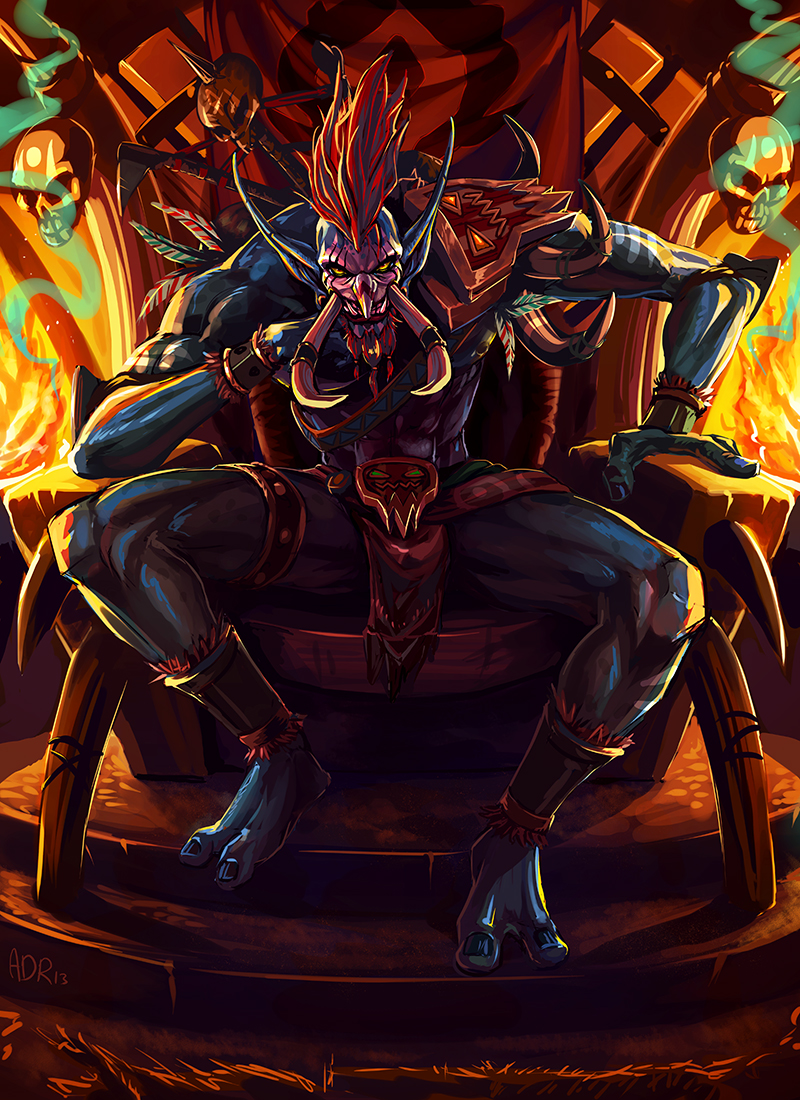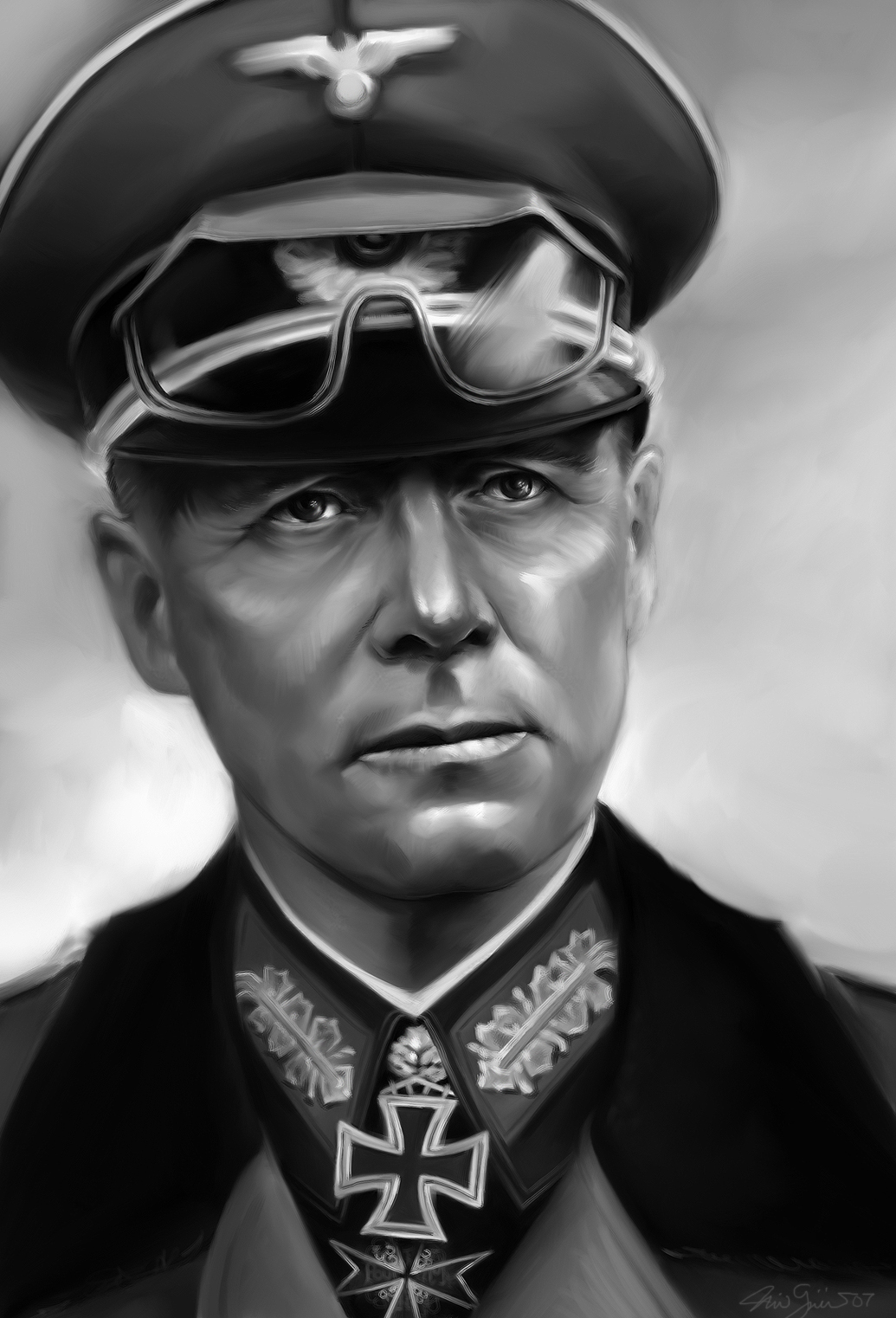Post by Methos on Dec 8, 2014 21:11:57 GMT
As always, people are more than welcome to give their own input. I'm not an expert on TFFA'ing, by any stretch of imagination, so other people's inputs would be greatly appreciated.
That said, I'll start with listing a basic rule of tffa:
Don't(!!!) hit your team mates.
This is the most important rule. Whatever else you do, you follow this one.
The basic premise of TFFA, is that you(the individual player) have to do more damage to the other team, than what you receive. You start with 125 hp, so that means that by the time you die, you should have done at least 126 points of damage to the other team.
It doesn't matter if you kill someone or not, as long as you do more damage than you take.
This is the second rule of TFFA. Repeat after me: "It's not important to get kills."
Someone can get 50 kills in tffa, by killing 50 opponents that each had 1 hp left, due to the other team mates doing all the work. Again, Kills are not important to the individual team member.
------------------------------------------------------------------------------------------------------------
That said, I'll go on to listing a few other things(not rules) about TFFA:
1. Less members is better.
The less members you have on your team, the less people there are for the other team to kill.
2. Teamwork is the alpha/omega of tffa. This can even offset the disadvantage of having more members.
If you put two pro-duelers, up against a team of 4 people, that have perfect teamwork. Then the team with 4 people will win. Even if they might not, individually, be nearly as skilled as the members of the other team.
Back in the day, there was a duo with the names Cheech and Chong. They had a standing challenge, to defeat the two of them working together(one person takes the challenge). And while those two were not, individually, the best fighters. The C&C challenge was pretty much one of the most difficult things to do. Being able to say that you had passed the C&C challenge, was something like a badge of honor.
Now why is that? Because their teamwork was perfect.
Know the map.
This is important, because if you know the map, then you know the quickest route to the place where the fighting is. And the quicker you can get there, the less time your team mates have to fight at a disadvantage.
I'm not going to go into specific tactics at this point(though others are more than welcome to add some). primarily because, as I said, I'm not an expert on TFFA'ing, by any stretch of imagination.
That said, I'll start with listing a basic rule of tffa:
Don't(!!!) hit your team mates.
This is the most important rule. Whatever else you do, you follow this one.
The basic premise of TFFA, is that you(the individual player) have to do more damage to the other team, than what you receive. You start with 125 hp, so that means that by the time you die, you should have done at least 126 points of damage to the other team.
It doesn't matter if you kill someone or not, as long as you do more damage than you take.
This is the second rule of TFFA. Repeat after me: "It's not important to get kills."
Someone can get 50 kills in tffa, by killing 50 opponents that each had 1 hp left, due to the other team mates doing all the work. Again, Kills are not important to the individual team member.
------------------------------------------------------------------------------------------------------------
That said, I'll go on to listing a few other things(not rules) about TFFA:
1. Less members is better.
The less members you have on your team, the less people there are for the other team to kill.
2. Teamwork is the alpha/omega of tffa. This can even offset the disadvantage of having more members.
If you put two pro-duelers, up against a team of 4 people, that have perfect teamwork. Then the team with 4 people will win. Even if they might not, individually, be nearly as skilled as the members of the other team.
Back in the day, there was a duo with the names Cheech and Chong. They had a standing challenge, to defeat the two of them working together(one person takes the challenge). And while those two were not, individually, the best fighters. The C&C challenge was pretty much one of the most difficult things to do. Being able to say that you had passed the C&C challenge, was something like a badge of honor.
Now why is that? Because their teamwork was perfect.
Know the map.
This is important, because if you know the map, then you know the quickest route to the place where the fighting is. And the quicker you can get there, the less time your team mates have to fight at a disadvantage.
I'm not going to go into specific tactics at this point(though others are more than welcome to add some). primarily because, as I said, I'm not an expert on TFFA'ing, by any stretch of imagination.


